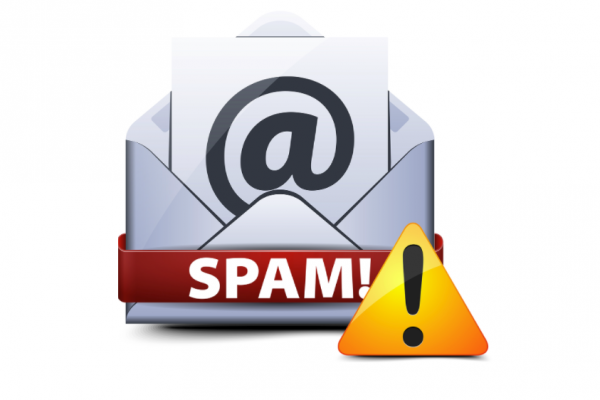Are you finding it hard to manage your business inbox? The chances are you are not alone. More than 75% of all the emails sent every year are spam. Spam emails are an effective albeit annoying marketing tool. Leaving annoyance and inconvenience aside, spam emails can cause serious damage to finances as well as the security of your business.
 Spam is nothing new. Businesses have been begrudgingly dealing with spam for decades now. However, the risk of unsolicited emails sent by an anonymous user in bulk is increasing with each passing day. Spam email is increasingly being used to access private and sensitive business data. Software breaches to get hold of vital secrets about products are used to undermine market competitiveness.
Spam is nothing new. Businesses have been begrudgingly dealing with spam for decades now. However, the risk of unsolicited emails sent by an anonymous user in bulk is increasing with each passing day. Spam email is increasingly being used to access private and sensitive business data. Software breaches to get hold of vital secrets about products are used to undermine market competitiveness.
The fact that most businesses are tapping into the power of social media and are trying to increase their interactions with customers is putting them at an increased risk of email spam. The tendency to publish business email addresses on online forums and guest-books are not doing any favors either. The growing use of email spam to install malware and ransomware in business software requires businesses to take precautionary measures such as the following.
- Do not open an email from an anonymous source. You need to have all the contact details of your clients as well as suppliers. Interaction with businesses you have not given your address to should be done with caution.
- Be wary of unwarranted attachments, as they can open a security Pandora box. Emails with attachments are more likely to be used for phishing. Everyone at your business office should be advised to consult with your IT department before opening any suspicious email or attachment.
- Use dependable and comprehensive anti-spyware and anti-virus software.
- Company email address of all the employees must be separate from their personal address.
- When using public platforms and online forums, try to use an auxiliary email address.
Use the above-described tips to safeguard your business from the growing risk of email spam.
